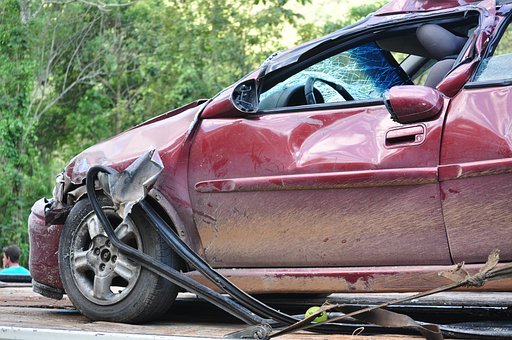Classic car insurance is a specialized type of insurance designed for owners of vintage or classic cars.
Unlike standard car insurance policies, classic car insurance policies are tailored to the unique needs of these vehicles, which often have significant historical, cultural, or monetary value.
In this article, we will discuss the features and benefits of classic car insurance, as well as how to obtain coverage and what to consider when choosing a policy.
What is Classic Car Insurance
One of the primary differences between classic car insurance and standard car insurance is how the value of the vehicle is determined.
With standard car insurance, the value of the vehicle is typically based on its market value at the time of the accident.

However, classic cars often appreciate in value over time, making market value an unreliable indicator of their true worth. Classic car insurance policies, therefore, use a different method to determine the value of the vehicle.
The value of a classic car is typically determined by an appraisal or valuation, which takes into account factors such as the vehicle’s age, rarity, condition, and historical significance.
This valuation is used to establish an “agreed value” between the policyholder and the insurance company.
If the vehicle is damaged or destroyed, the insurance company will pay the agreed value to the policyholder, regardless of the vehicle’s market value at the time of the accident.
Another key feature of classic car insurance is that it typically provides coverage for a range of events and activities beyond just driving on public roads.
For example, classic car insurance may cover damages sustained during a car show, or while the vehicle is being transported to a show or event.
Classic car insurance may also provide coverage for spare parts, accessories, and custom modifications made to the vehicle.
How to Obtain Classic Car Insurance?
To obtain classic car insurance, the vehicle must typically meet certain eligibility requirements.
For example, most classic car insurance policies require the vehicle to be at least 20 to 25 years old, have a limited annual mileage, and be used primarily for pleasure driving, rather than daily commuting.
Some policies may also require the owner to store the vehicle in a secure garage or other designated location.
When choosing a classic car insurance policy, there are several factors to consider. One of the most important considerations is the level of coverage offered by the policy.
Some policies may provide only basic liability coverage, while others may offer more comprehensive coverage that includes collision, comprehensive, and uninsured/underinsured motorist coverage.
It is important to carefully review the policy to understand exactly what is covered and what is not.
Another important consideration when choosing a classic car insurance policy is the cost of the policy.
Classic car insurance policies can be more expensive than standard car insurance policies, due to the unique value and risk factors associated with these vehicles.
However, there are ways to reduce the cost of classic car insurance, such as by taking a defensive driving course, installing an alarm or tracking device, or increasing the vehicle’s deductible.
When obtaining classic car insurance, it is also important to choose an insurance company with experience and expertise in insuring classic cars.
Look for an insurance company that specializes in classic car insurance, and has a good reputation for customer service and claims handling.
It is also a good idea to read reviews and talk to other classic car owners to get recommendations and advice.
Final Words
In conclusion, classic car insurance is a specialized type of insurance designed for owners of vintage or classic cars.
With its unique valuation method and coverage options, classic car insurance provides owners with the peace of mind and protection they need to enjoy their vehicles to the fullest.
When obtaining classic car insurance, it is important to choose a policy that meets your specific needs and to work with an experienced and reputable insurance company.
By doing so, you can ensure that your classic car is protected for years to come.